The doors to the COVID-19 vaccine clinic open.
Patients arrive at a steady clip.
They follow the arrows, register and receive their vaccines.
Over and over again, the process repeats—sometimes for 12 or 16 hours—as thousands of people come through the clinic.
For the Spectrum Health team members who work in the clinics, it means long and busy days.
But they also are days filled with hope.
And gratitude.
And a sense of purpose.
After witnessing the sometimes devastating effects of COVID-19, the team members welcome the chance to play a role in preventing the spread of this virus.
Meet a few of the Spectrum Health team members who work in the vaccine clinics.
Jessica Hunter, RN
For nurse Jessica Hunter, giving COVID-19 vaccines comes with a special perk: A chance to thank patients for getting vaccinated.
As a nurse, Hunter worked in a COVID-19 unit and in an intensive care unit at Spectrum Health Blodgett Hospital.
She cared for patients on ventilators. She helped families say goodbye to their loved ones.
And she embraced that mission with compassion and dedication.
“Being helpful and being there for others is what I’ve always wanted to do with my life,” she said. “I have the greatest job in the world.”
But still, it was tough emotionally.
“I don’t think they understand what it was like for us,” she said. “This last year has been very hard.”
That is why she is so grateful to everyone who gets vaccinated—because she hopes it will help curb the spread of COVID-19.
She finds satisfaction in rolling up a patient’s sleeve to give the injection. Sometimes, she sees the small scar left behind by a smallpox vaccine years ago. It reminds her that vaccines helped achieve victory over another deadly disease.
“It’s 100% a feeling of hope,” she said. “After all that I saw on the front lines during COVID-19, this is just so hopeful.”
Sam Yarbrough
Patient services representative Sam Yarbrough watched a man carrying a bundle of papers while using his wheelchair to navigate through the clinic.
When she offered to staple the papers together to make them easier to manage, his gratitude was heartwarming.
“He said, ‘I just really appreciate you,’” Yarbrough recalled.
Positive attitudes abound in the vaccine clinics, and that makes the work even more rewarding, she said.
“I like being part of it,” Yarbrough said. “They are so happy—the most grateful people you will ever see. It warms your heart to see we are making a change in people’s lives.”
Holly Cole, RN
Nurse Holly Cole has not yet met her nephew, born last August, because of COVID-19 precautions.
“I know there are so many people out there like me, who are waiting to embrace and hug their loved ones,” she said. “It is very important for me to play a small part in getting people back with their families and friends.”
That is why Cole is happy to give injections to patients at the vaccine clinics.
As she meets patients, she likes to hear why they want the vaccine.
Some have kept distant from loved ones to protect themselves and others from the virus. Some have medical conditions that make them more vulnerable to COVID-19.
Some patients are nervous, and she is happy to answer their questions and share information about the vaccine.
But most patients are joyful and relieved to get the vaccine.
“Having this vaccine has really instilled hope in a lot of people,” she said.
“It is very humbling and very exciting. And I am very proud to be part of this team that is doing this every day.”
Nye Palmer
Working on the front lines of the COVID-19 vaccine clinic, Nye Palmer sees history in the making.
“This is something that will be in my grandson’s social studies book,” she said. “When he grows up, this will be a big thing for him.”
As a lead patient services representative, she has helped in vaccine clinics since the clinics opened in January.
Because the availability of the vaccine can be unpredictable, she and her team often must adapt quickly to changes in clinic schedules.
“My team hasn’t complained. I think we all are happy we get to help someone,” she said. “There definitely is good teamwork.”
Palmer also encourages family and friends to get the vaccine and tries to address concerns and questions she hears.
On her Facebook page, she posted updates about her first and second shots of the Moderna vaccine.
“I want everyone to be healthy and I want to save lives,” she said.
She got the vaccine, she said, “for my family, for my mom, my children and my grandson. I want to do normal things again. I want to be out there in the world again.”
Chelsea Selbig and Jeremy Kelly
Working in emergency preparedness for Spectrum Health, Chelsea Selbig and Jeremy Kelly recall the first discussions about the coronavirus in late 2019. They became involved in planning how Spectrum Health would respond if the virus surfaced in West Michigan.
By early 2020—with a pandemic declared and the virus spreading locally—they witnessed the shortages of personal protective equipment and swabs for testing.
“To go from that to being able to give vaccines in 10 months is really incredible,” Selbig said. “It’s incredible to me to see the progression.”
Now, Selbig and Kelly run community vaccine clinics, helping to manage the procession of hundreds of people an hour as they arrive, register and receive their vaccines.
Making the process a smooth experience for patients involves much behind-the-scenes planning, as well as a willingness to analyze the situation and quickly revise as necessary.
“We have been able to streamline this process and make it incredibly efficient,” Selbig said. “Every week, I feel we get a little better.”
They appreciate the dedication and positive attitudes of team members working the clinics.
“Staff morale is pretty incredible,” Kelly said.
“You can tell everyone is really happy and glad to be here helping patients,” Selbig said. “This is just a micro level of a massive global issue, and they get to be part of something really neat—something they can tell their family about later.”
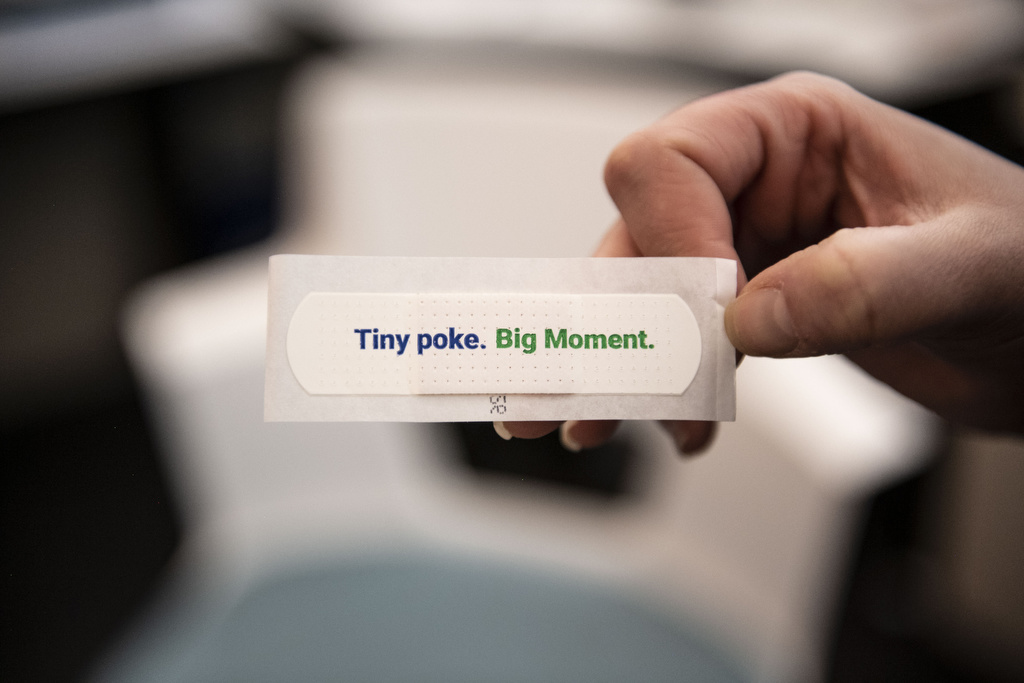
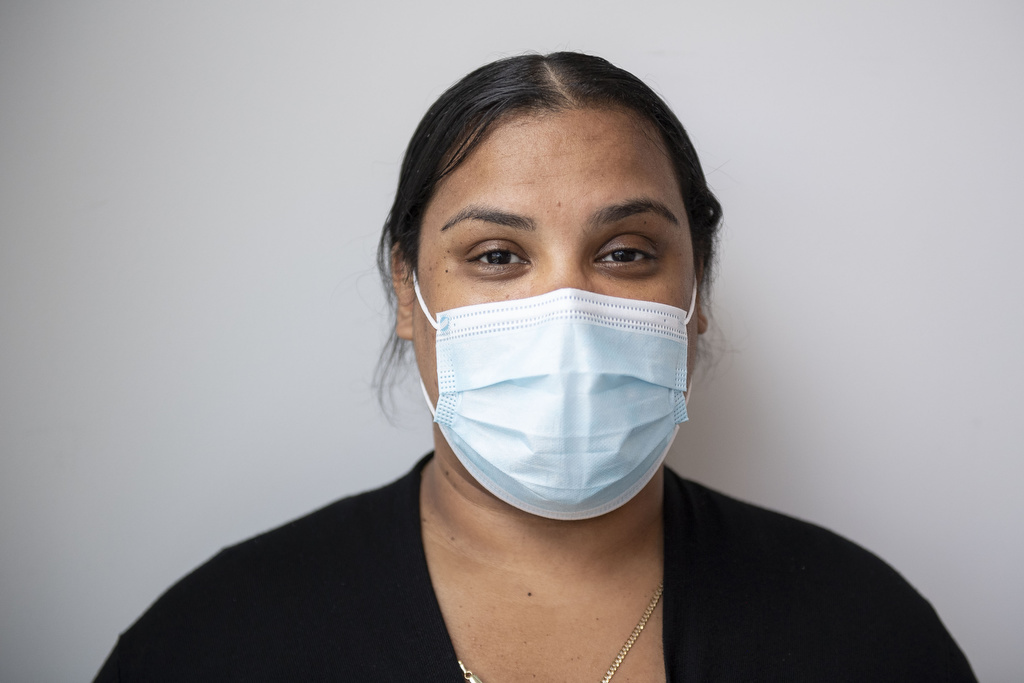
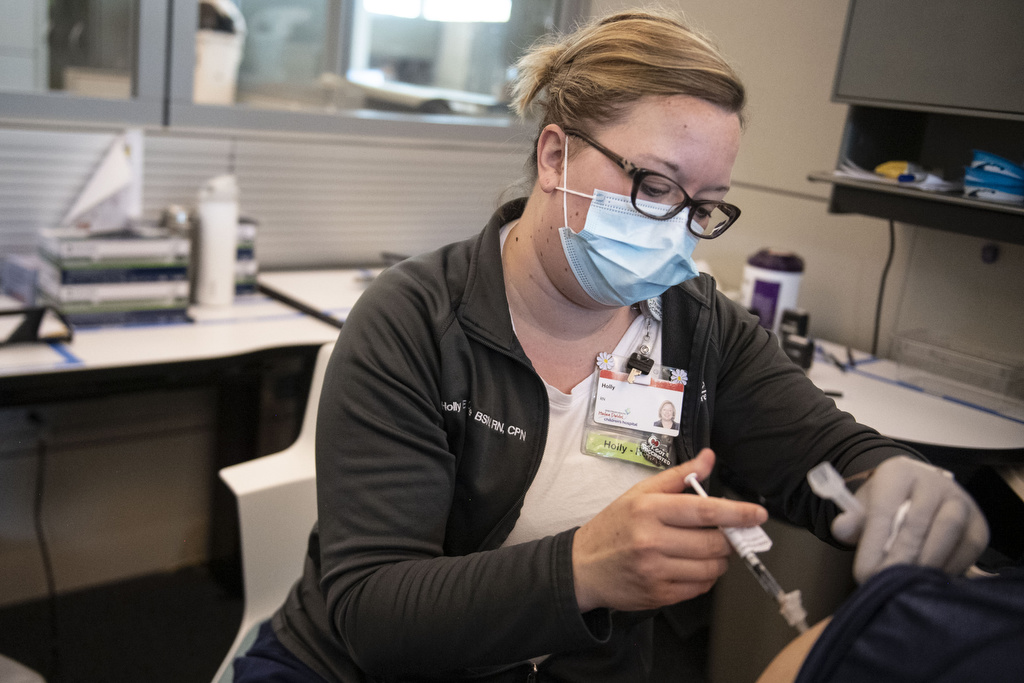
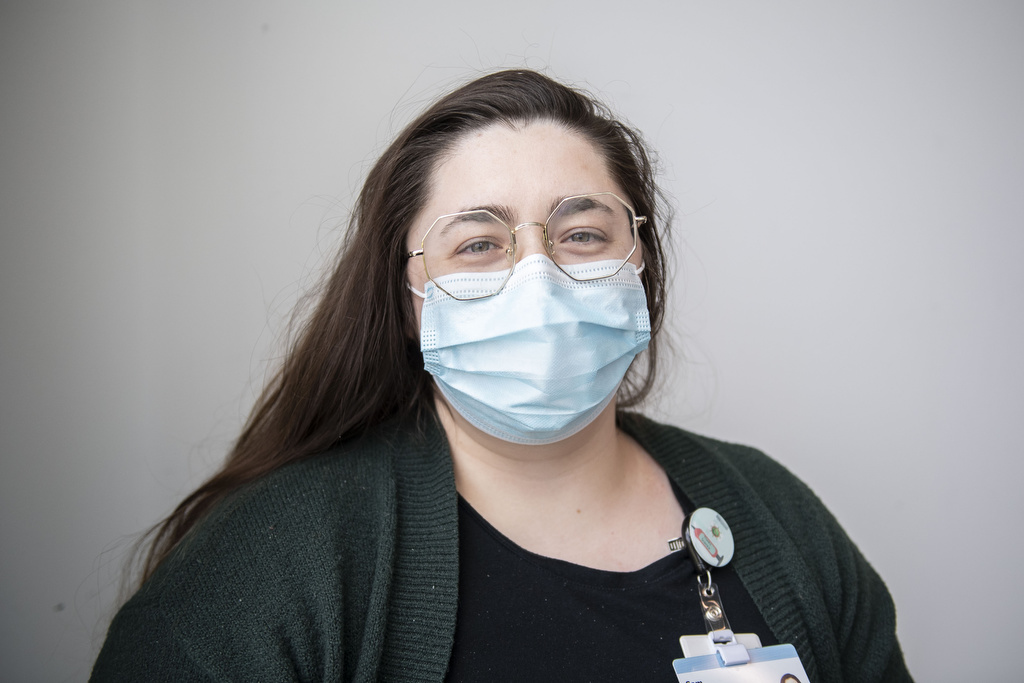
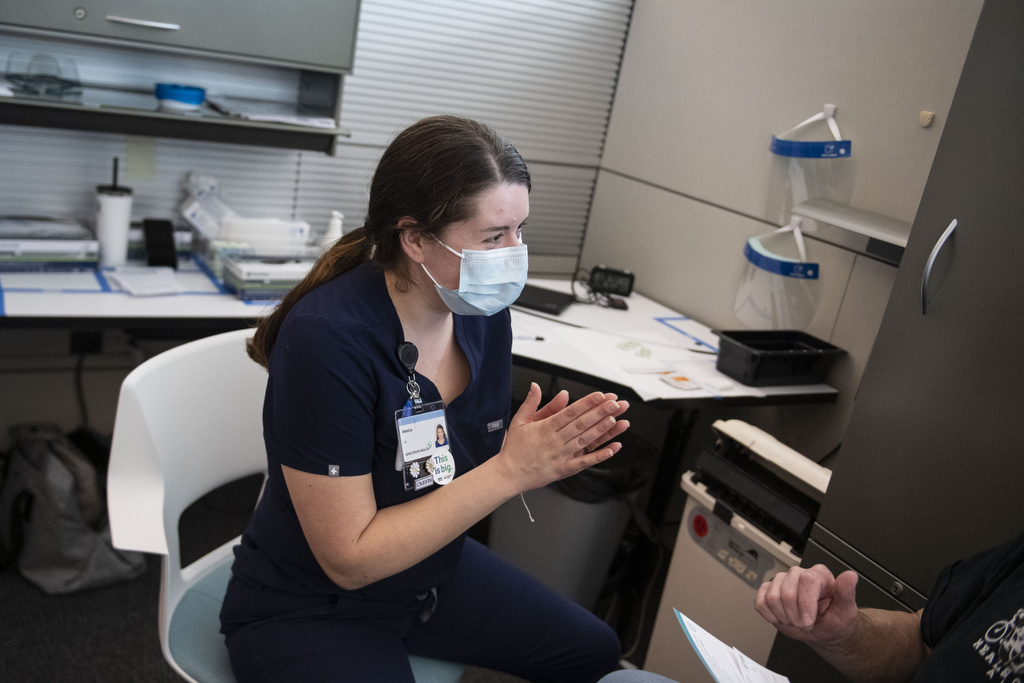
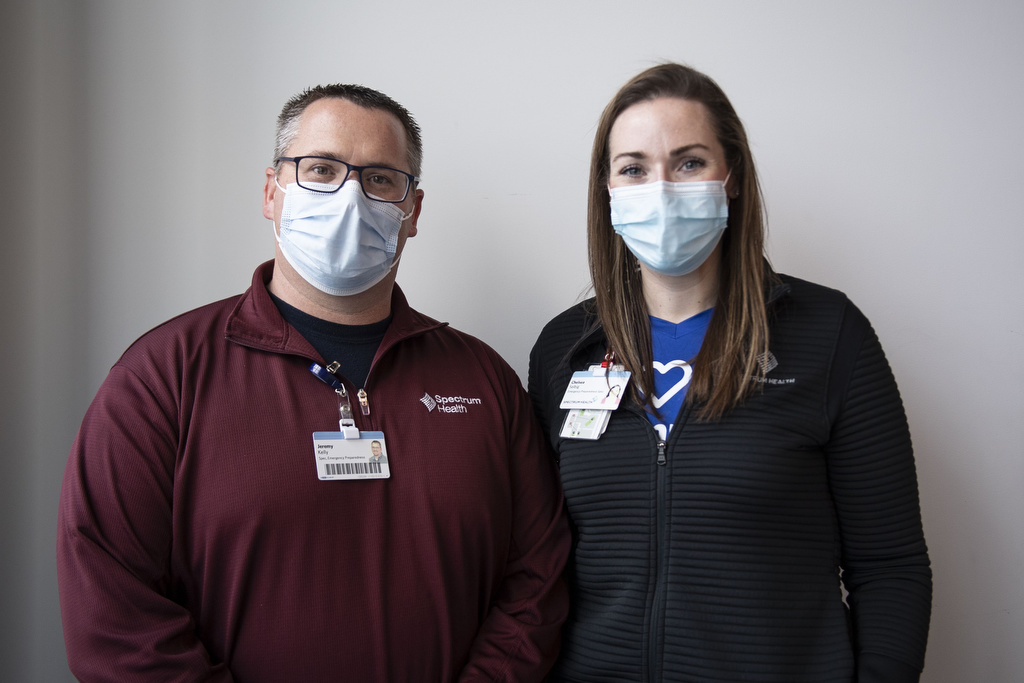

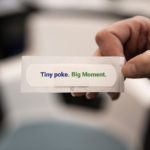
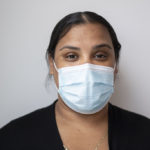
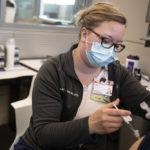
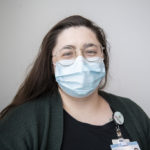
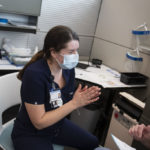
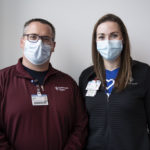

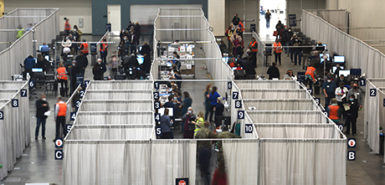 /a>
/a>
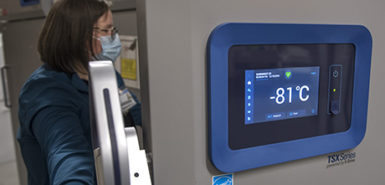 /a>
/a>
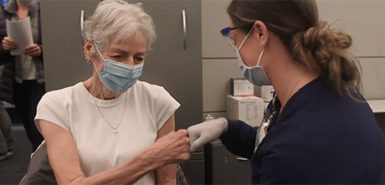 /a>
/a>